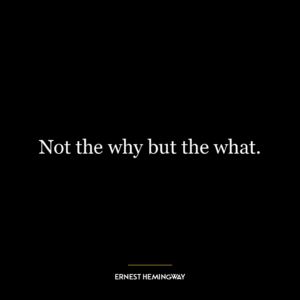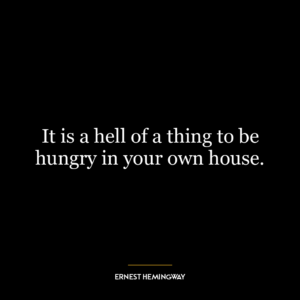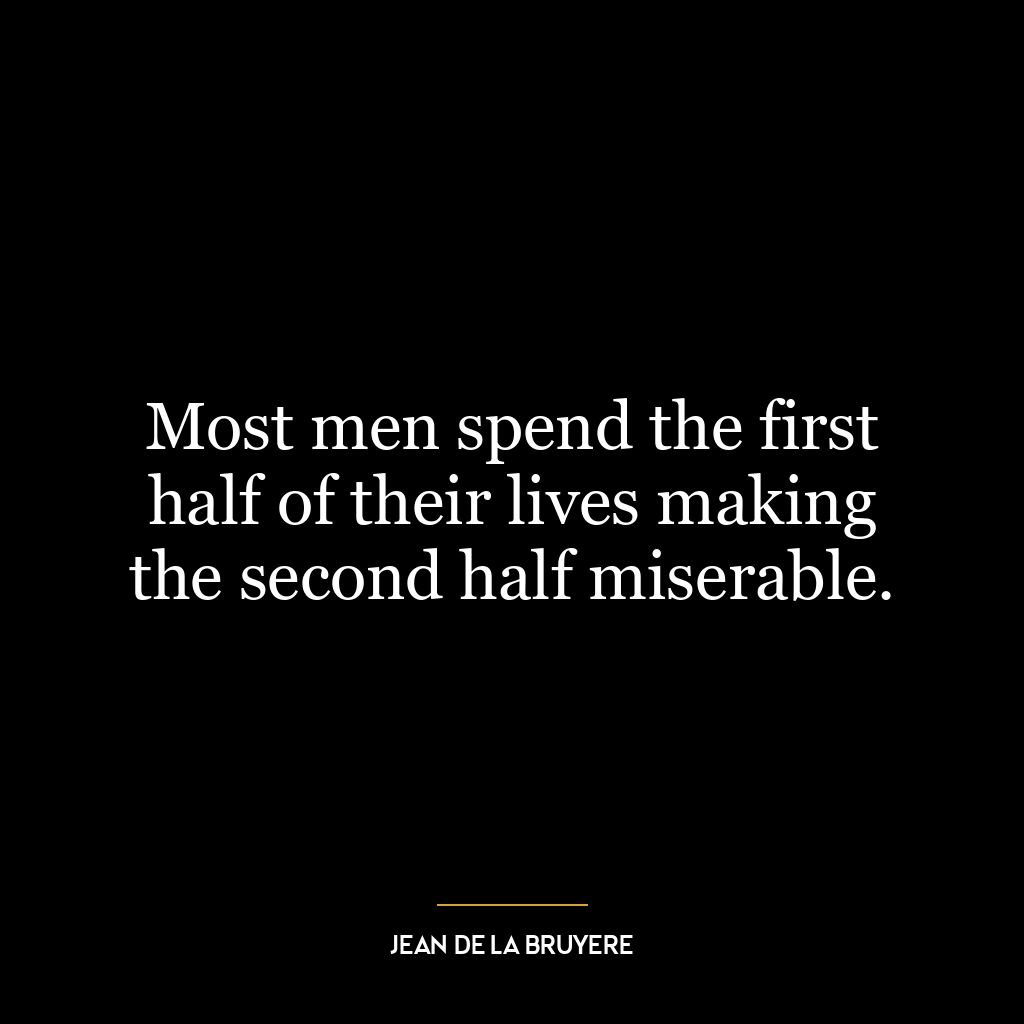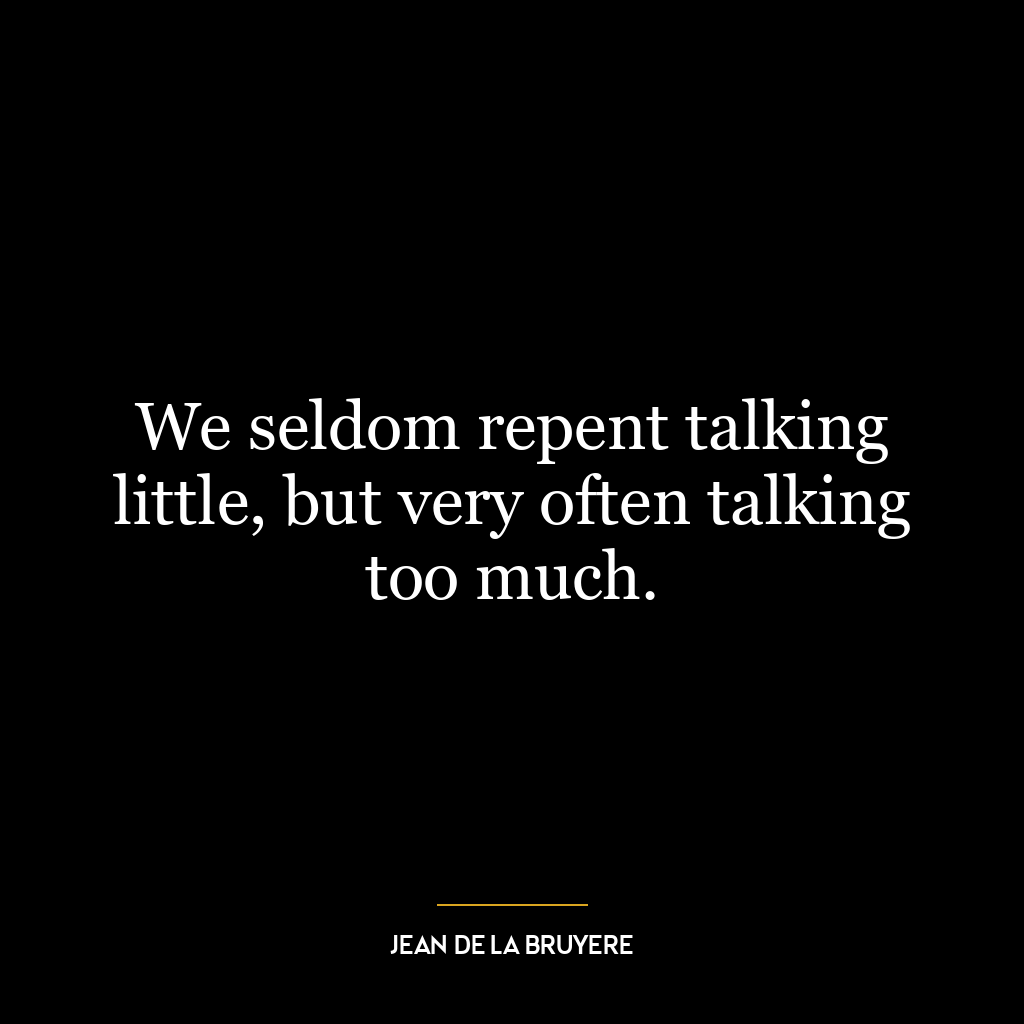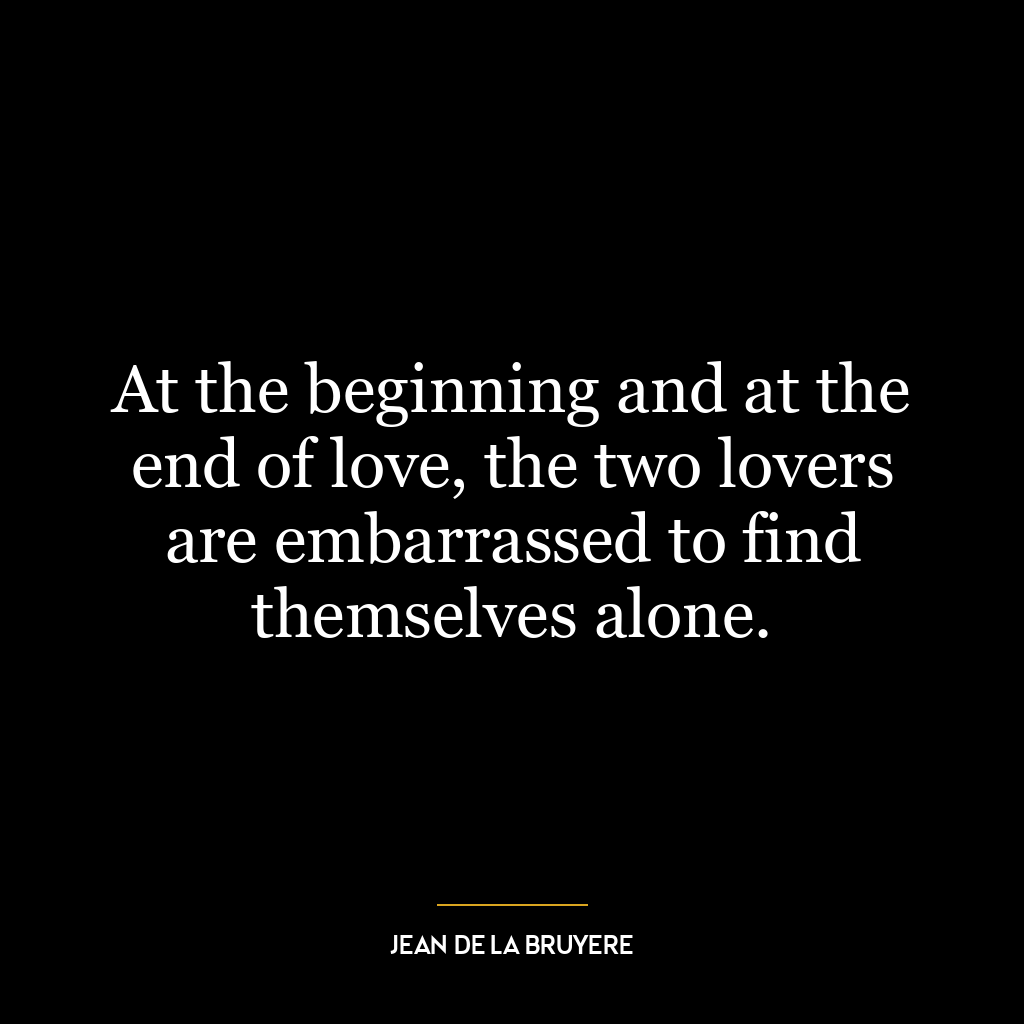The quote speaks to the profound sense of isolation and regret that one experiences when they realize they have squandered their time, a day in their life that they can never reclaim. The phrase “death loneliness” is particularly poignant, suggesting a loneliness that is not just deep and profound, but also final and irreversible, akin to death. It’s a loneliness that comes not from lack of company, but from the realization that one has failed to make meaningful use of their time.
It implies that wasting time is not just a matter of losing hours or days, but also a matter of losing a part of oneself, a part of one’s life. It’s a stark reminder of the finite nature of our existence. Every wasted day is a missed opportunity, a step further away from our goals and aspirations. The loneliness stems from the understanding that we are solely responsible for this loss, and the only ones who can prevent it from happening again.
In today’s fast-paced world, where we are constantly bombarded with distractions, this idea is more relevant than ever. We often find ourselves spending hours on end scrolling through social media, binge-watching TV shows, or engaging in other activities that don’t contribute to our personal growth or bring us closer to our goals. The regret and loneliness that Hemingway talks about is a feeling we can all relate to in such moments.
In terms of personal development, this quote serves as a powerful reminder to make every day count. It encourages us to be mindful of how we spend our time, to prioritize activities that contribute to our growth and well-being, and to avoid those that don’t. It reminds us that every day is an opportunity to learn something new, to improve ourselves, and to make progress towards our goals. And if we fail to seize these opportunities, we are the ones who will have to live with the regret and loneliness that comes with wasted time.






